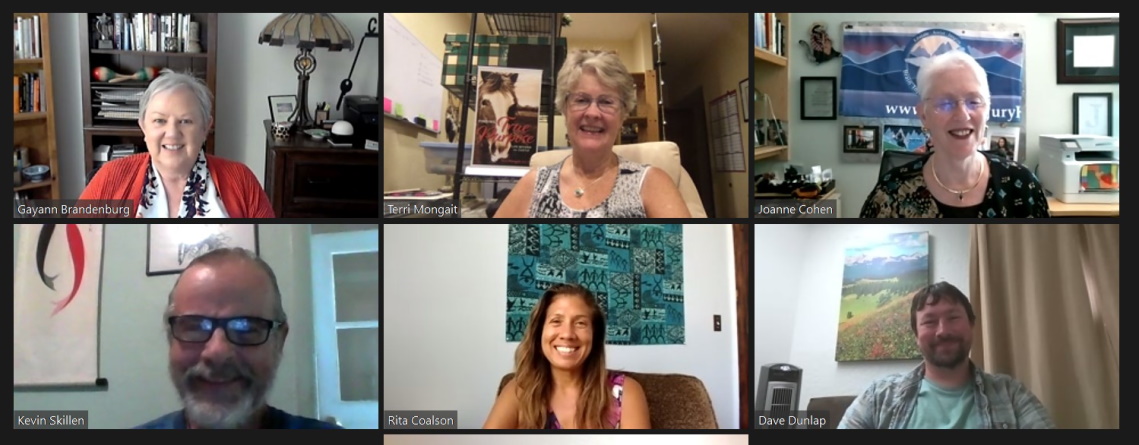
Survivor Series panelists and facilitators, top left to right: Facilitator Gayann Brandenburg, Equine Therapist Terri Mongait, Facilitator Joanne Cohen; bottom left to right: Spiritual Mentor Kevin Skillen, Grief Counselor Rita Coalson, Pediatric TBI Specialist David Dunlap.
Taking the Road Less Traveled
By Eliza Marie Somers
Businesses are finding success by embracing the “think outside the box” mentality. And now might be the time to take that approach of “looking further and not thinking of the obvious” when it comes to recovering from a traumatic brain injury.
Going beyond the traditional approach of therapy was the theme of the virtual Brain Injury Hope Foundation’s Survivor Series: Brain Injury Treatment Panel: Therapies to Assist the BI Community on September 10, 2021, via Zoom.
“I encourage others to do alternative therapy – art, music, equine, whatever speaks to you,” said panelist Terri Mongait, who is a brain injury survivor, a certified equine Gestalt coach and founder of Begin Again Ranch in Sedalia. Mongait can be reached at 720-467-4243 or terri@beginagainranch.com.
For more on Terri’s ranch https://gazette.com/health/colorado-ranch-specializes-in-horse-therapy/article_69dd8c99-7a34-5ea0-8437-f69a063b2bbb.html
Joining Mongait on the BIHF panel were:
- David R Dunlap, M.A., LPC, NCC
David Dunlap Counseling
719-293-0168 davidrdunlap.counselor@gmail.com - Rita Coalson, M.A., LPC, NCC
Aloha Counseling Services
303-907-8973 ritacoalson@gmail.com - Kevin Skillen, M.A.
Open Mind Open Heart Spiritual Mentoring
303-378-3719 kevinbskillen@gmail.com
Mongait said she does not select the horse for the person; she lets the horses determine if they will work with someone.
Terri Mongait, who wrote “Finding True Purpose: Life Beyond the Castle,” is a TBI survivor and understands what clients are experiencing as they heal.
“We sit in an area with the horses, and the horses will interact with the client as they are needed,” she said. “Here’s an example. I was working with a person who was struggling with relationships and attracting the right person. My dominate male horse came over and put his head on her shoulder. The mare didn’t connect with her.”
Mongait also invites the main caregivers of a TBI survivor to the ranch to “give them an opportunity to experience a little bit of what their loved one is going through.”
“I’ll have the two people lock arms and saddle a horse using one arm while not talking to one another. They get a little snippet of what their loved one is going through in the recovery process,” she said.
“I understand recovery as a TBI survivor. And how I responded to certain things and what I could do differently to make it work,” Mongait explained. “How you respond to things is how you are going to be able to move forward.”
Pediatric TBI counselor David Dunlap agreed with Mongait.
“It is going to be hard work. And how you approach the work, know that it’s going to be different.” Dunlap explained. “Know that it will unfold in its time. For some it will be painfully slow, and for others it will be really fast. Know that a counselor is your guide and is there to help you.”
David Dunlap was 3 years old when he hit his head while playing on a playground. He says pediatric TBI survivors have a unique type of loss from those who were older when they suffered a brain injury.
Dunlap is also a TBI survivor, having sustained a concussion on a playground when he was 3 years old. He explained when a head injury happens in the first 27 years of life, before the brain reaches maturity, it’s a different and unique type of loss than if a TBI happens later in life.
“What happens is that when you get older you might not be engaging in the part of the brain that was injured because it wasn’t developed. You need to utilize that part of your brain that had been inhibited,” Dunlap said. “For me, I was still riding my Big Wheel when the other boys were playing sports and interested in girls. You miss out on the developmental stages of life in relationship to your peers. And it can have long-lasting effects that impact your life. It impacts who you are. It’s a loss of potential in your life with a pediatric brain injury. We lost opportunity vs. we lost who and what we had, and I can help you to be aware of that.
“I help people understand how a pediatric head injury may have impacted the trajectory of their life,” he said. “I help to integrate that into their life, and to have passion about their life.”
Spiritual mentor Kevin Skillen, who has a background in teaching and has worked at the Denver Women’s Correctional Facility, said he helps others to feel accepted and understood, and to inspire others to do what inspires them.
“Reality doesn’t change (after a TBI). The dog barks. The cat meows. What changes is your point of view,” Skillin explained. “It’s changing how you look at things, and that involves cognitive, physical and spiritual techniques.
“One of the things I learned is getting in healthy relationships and a healthy relationship with ourselves,” Skillin said. “It’s a question about our thoughts. And I help you with journaling to silence the mind. The mind keeps going with thoughts. I help you meet those thoughts with love and understanding, and how we can learn to love and understand others. … It’s a way to stop the mind.”
Skillin explained he is “more of a mentor than a counselor. … I help with spirituality — prayer, meditation, journaling. I help you understand your higher power.”
Rita Coalson specializes in grief counseling, a subject that is not embraced in our society.
For more in grief counseling http://www.braininjuryhopefoundation.org/benefits-of-counseling-after-brain-injury/
“TBI is a loss, and secondary, it’s a loss all the time. I give people a place to be valued and to be heard,” Coalson said. “It’s a new foreign world (after a TBI). I can give you some insight about yourself and the people around you.
“With a TBI you don’t look different. You look fine, but you can’t focus, you can’t relate to people,” Coalson explained. “Your family thinks you should be fine, but you are still suffering. It’s when a family member gets aggravated because you can’t cook the same. It has everything to do with a TBI – losing your job, dealing with PTSD, depression.”
Grief counselor Rita Coalson says anger plays a role as survivors recover from a brain injury, and that anger must be dealt with in a timely and safe manner.
Coalson also explained how anger can manifest and cause a TBI survivor to lose control, and how seeing a counselor can help stem the anger tidal wave.
“I don’t know anyone who had a brain injury who didn’t have anger issues,” she said. “Anger needs to be expressed. It’s like a volcano — when you don’t manage it, you will go off. But if you maintain and let it out little by little you have little volcanoes. … We have to identify what you are angry about before you lose it on people. Use a pillow, a tennis racquet. We work it out with intention in a safe place.”
And while a TBI survivor can find help and relief with counseling, Dunlap said the best support a family member can give is to also partake in therapy, noting that they are going through a grieving process and that the TBI also affects them.
“The best way to support someone is to have therapy,” he said.
So what’s the best way to find a therapist? Coalson suggested interviewing the therapist and do not feel obligated to stay with a therapist.
“You wouldn’t go to the same hairdresser twice if you didn’t like their work,” she said. “Safety is key. You have to feel safe or you will be really guarded and protect yourself. Make sure you are in an environment that is safe. You can judge that by asking questions. You need to be real and genuine. The counselor is an ally to your support system.”
Skillin suggested using word of mouth and looking at their credentials to see if they have worked with TBI survivors.
“Ask for a free consultation — 15-30 minutes to see if they are a good fit,” Skillin said. “See if they talk more than you do. And the key is confidentiality. It is very, very important. Nothing goes beyond those walls.”
Dunlap said, “Know others are there to help you. The counselor is well-trained, and can provide information and guide you to what works for you. Having a counselor can help you find a path that is mutually important.”
Mongait reminded the attendees to honor where they are in the recovery process. “No matter what is going on, close your eyes and begin again.”
Coalson agreed: “Be your own best friend. Give yourself more grace, be more gentle in the way you speak to yourself. Be patient. It’s a hard journey that you have to work at.”
PERSPECTIVE
By Sharon Mehesy
Depression seductively beckons to me—feigning to offer comfort from the pain. But once I have sampled her “comfort” it is too late
No comfort is felt—the iron doors slam shut behind me,
Forever imprisoning me in this cell.
Yet Hope calls to me through the open window.
Hope reassures me, “It is not too late! Turn your eyes back to the peace that was once yours when we shared this room.
You are still in the same room, the only thing that has changed is your perspective.”
My eyes are opened, for the first time it seems, and I see the life rope.
Hope hoists me up to help me stand.
I bask in the warm sunshine of freedom that Hope has shone on me.
Dr. Sharon Mehesy won first place with her poem “Perspective” at the March 2004 Celebrate Life! Overcoming Suicide Art & Poetry Contest. She was a participant at this BI Treatment Panel and asked if she could read and share her poem.

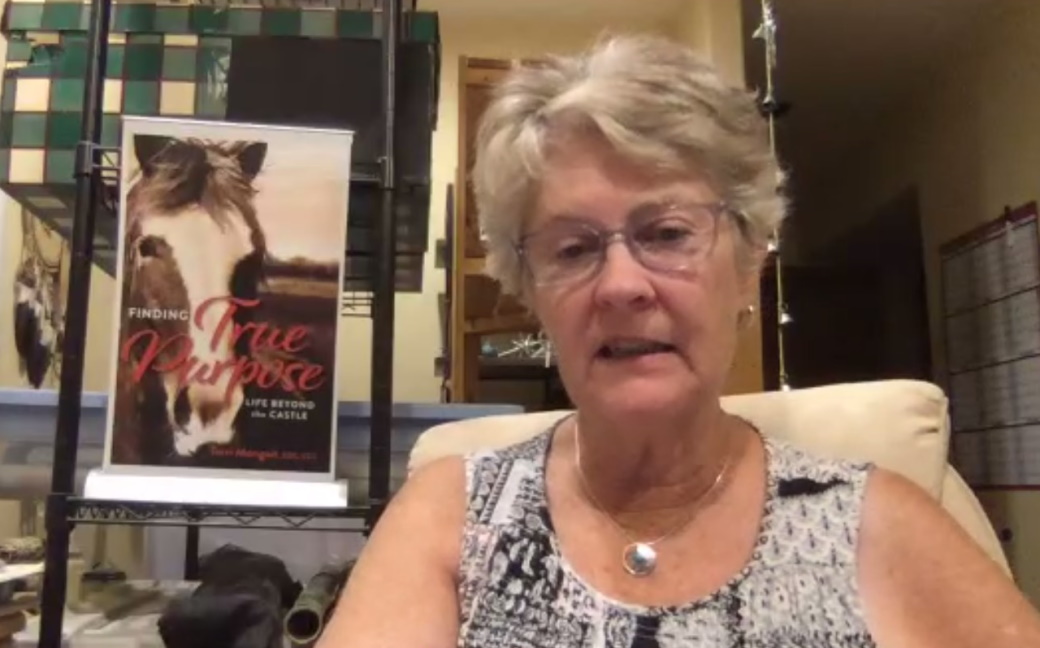
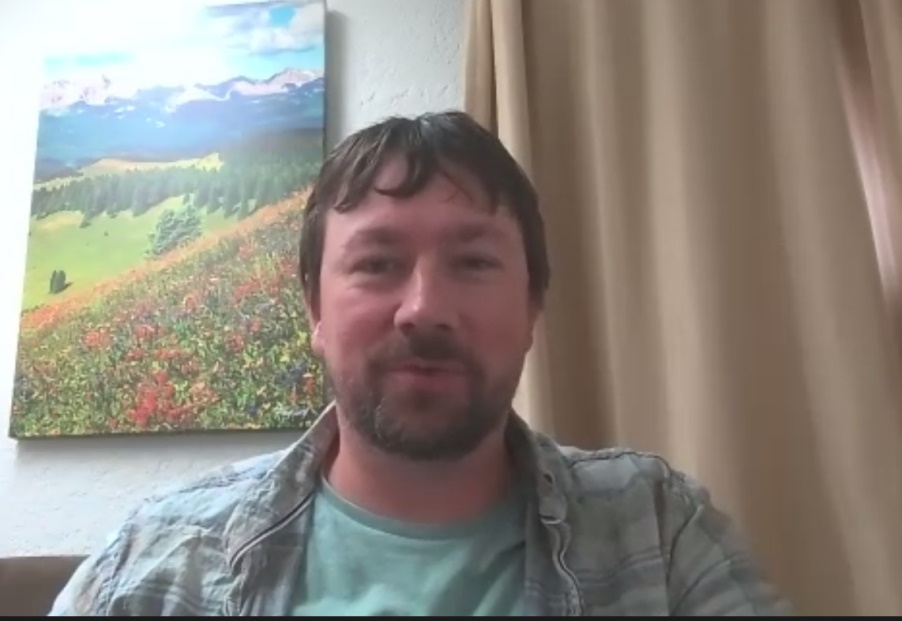
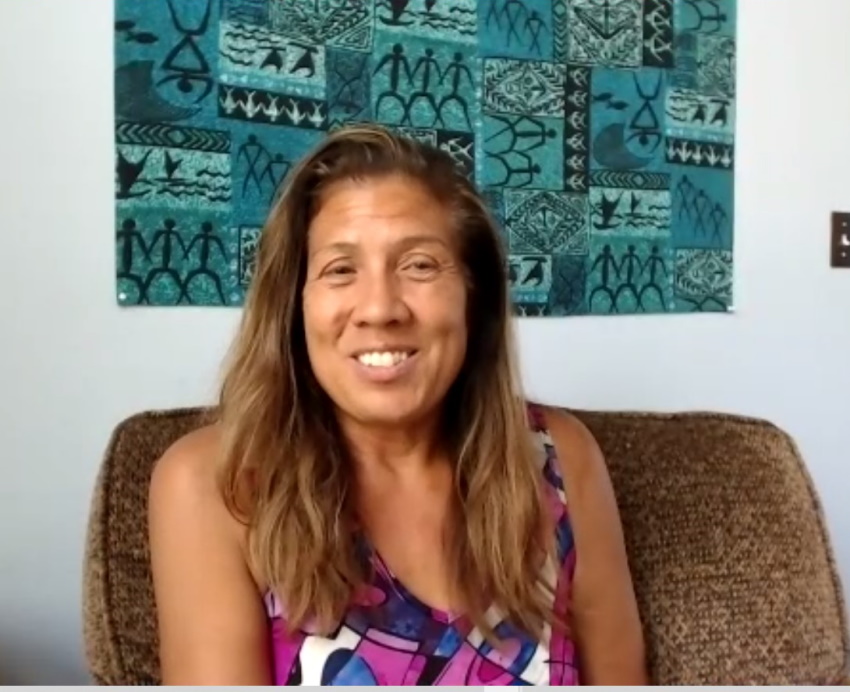
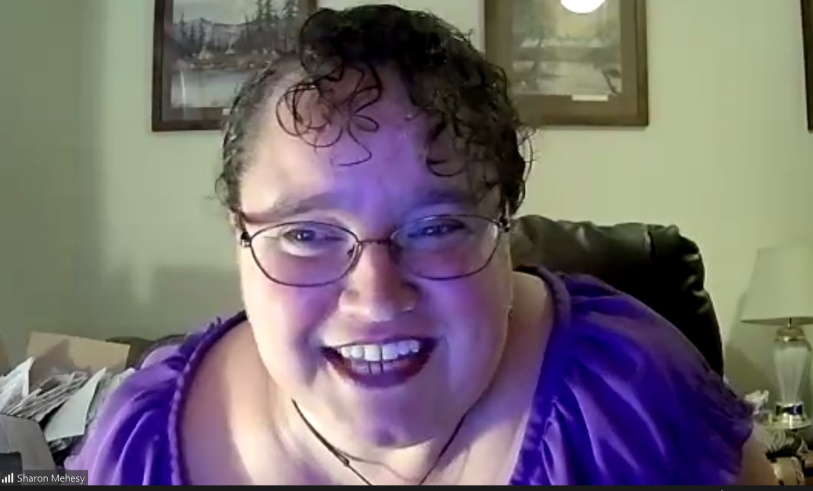

I happened to stumble upon your website through a friend’s Facebook Birthday Fundraiser, but I had a TBI when I was 9. I was in a car accident and was put into a medically induced coma, woke up a week later and couldn’t walk, talk, anything. My neurologist said I was infantile, and my prognosis was not good. I went to Speech, Physical, and Occupational Therapy for a year following the accident. In school was in Special Education, but I excelled out of Special Education the following year and although I had an IEP I graduated high school and went to college. I now have a family of my own, 2 young boys, and a husband who I love very much.
Therapy worked for me but for years there was no follow up from my Neurologic care team, I went when I was in elementary school after the accident (3rd grade-6th grade) but when I was a sophomore in high school my mom saw signs that my brain wasn’t working the way it was “supposed” to.
Is there anything I can do to help? I’d love to meet your team in person and see how you’re changing the TBI game. Therapy isn’t a cure all and for many people it is a struggle of “this isn’t how it worked before.”
Thank you for taking the time to read this and I look forward to hearing from you soon.